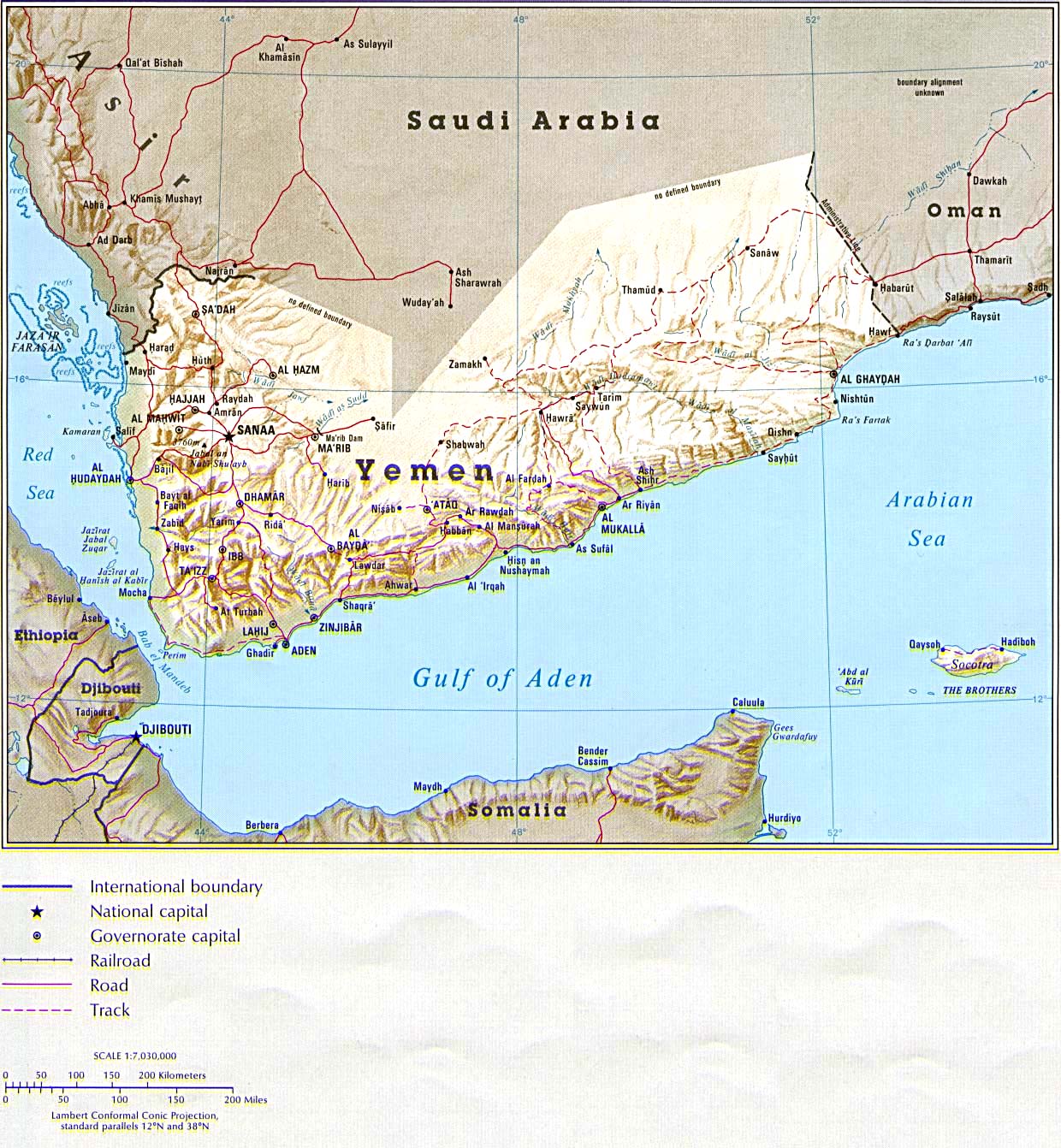Is Yemen The Next Target of Sanctions?

News reports have been coming out in recent days regarding the possibility of France imposing sanctions against Yemen. In light of these developments and the United States’ admission of Yemeni President Ali Abdullah Saleh to the U.S. for only “legitimate medical needs” it has to be wondered whether Yemen will be the next target of U.S. economic sanctions.
France’s proffered reasoning for new sanctions is the use of force by Yemeni authorities against protesters in that country. It was such reasoning that was also used by the United States in administering sanctions against both Qaddafi in Libya and Assad in Syria earlier this year. Currently, Yemen is in the midst of an uprising against President Saleh, who despite promising to stand down after presidential elections in February is becoming an increasingly beleaguered figure. According to reports during these demonstrations, Yemeni government forces have fired live rounds at peaceful demonstrations causing numerous casualties.
All of this comes at a time when the Yemeni government continues to struggle with al-Qaeda linked extremists in which on-going battles have been occurring. It is thought that the Islamist extremist network is using the current political turmoil to its advantage by bolstering its presence in various parts of Yemen. Currently, militants linked to Al-Qaeda currently control several regions in Yemen, where they regularly clash with government forces.
Does this current turmoil portend possible U.S. sanctions for Yemen? It it very possible. The reason is two fold: 1) The U.S. has made it a policy as of late to impose sanctions against repressive governments using force against their own people; 2) with an embattled government and a strong al-Qaeda linked militant network already established in Yemen, there is no telling what the fate of that country could be should the current government falter. While I am certainly not advocating for sanctions against Yemen, I believe some in the administration might see imposing sanctions against that country as a way to preemptively cut off assets which may potentially fall into extremists hands should the current government collapse. The current political turmoil and use of force by the government against protesters might just give the U.S. the justification it needs to do so.
The author of this blog is Erich Ferrari, an attorney specializing in OFAC matters. If you have any questions please contact him at 202-280-6370 or ferrari@ferrari-legal.com.


